The Open University is a cherished British institution. The sociologist Michael Young, who went on to become a Labour peer, conceived this ‘university of the air’ as a force which would democratise university education, bringing learning to the masses via lectures broadcast by the BBC at the crack of dawn.
One can only imagine how horrified Young would have been to learn that the beloved OU, which has given second chances to so many students, is currently facing three legal challenges from staff and students who say they have been discriminated against because they dared to express the ‘gender critical’ view that sex matters.
When EDI departments take control, it means that nonsense is imposed from on high, and it is the same nonsense for everyone
Professor Jo Phoenix’s case will go to the Employment Tribunal in October. As a criminologist, she has spoken critically on issues such as male offenders being housed in the female prison estate. Her claim centres on the harassment that she says she faced from OU colleagues as a result. (An OU spokesperson says, ‘The Open University is an environment where an academic can express a view freely, and others can choose to disagree. That is the nature of academic debate and holds true, even for the most polarising of topics.’) Tucker is a PhD student who also says that she has been bullied and harassed at the OU because of her gender critical views.
The most recent and perhaps the most shocking case is that of Almut Gadow, who was sacked from her role teaching criminal law at the OU after she challenged new requirements to teach gender identity theory as an uncontested truth. Gadow is being supported by the Free Speech Union, whose founder and director is Michael Young’s son Toby.
If Gadow is successful, her case will exemplify the way in which university curricula are being ‘liberated’ from academic control by EDI (Equality, Diversity and Inclusion) departments. Gadow says that the OU EDI department demanded that all curricula should be revised in line with the tenets of a set of theories which are often termed ‘Critical Social Justice’, which includes intersectionality, Critical Race Theory, decoloniality, Education for Sustainable Development, Queer Theory, and gender identity theory. Crucially, Gadow claims EDI wanted these ideas to be taught not as theories, but as uncontested facts. The law course that Gadow taught on, she says, was redesigned around a ‘core theme’ of ‘liberating the curriculum’.
According to Gadow’s statement, tutors were told to teach about gender identity, insisting that gender identity should trump sex in criminal contexts, for example leading to the demand that pronouns should be identity-based, implying that a female rape victim should be obliged to call her rapist ‘she’ if the perpetrator claimed to identify as a woman.
Gadow’s claim also touches on the potential intellectualisation of paedophilia. Gadow says in her Crowdfunder statement: ‘It had become apparent to me that some [curriculum liberators] treated ‘minor attraction’ (i.e. paedophilia) as part of the “diverse sexualities and gender identities” Open University law teaching now seeks to “centre”.’
This may seem astonishing, but Queer Theory is identified with the intellectualisation of paedophilia. A search of the OU library catalogue for ‘minor attraction’ returns 273 hits. The first of these is ‘Minor Attraction: A Queer Criminological Issue’, published in 2017. This paper uses a ‘queer criminology’ framework to question the stigmatisation of paedophiles:
‘There exists evidence that minor attraction is a sexual orientation, and the parallels between the treatment of MAPs [Minor-Attracted Persons] and LGBT populations are striking. Employing queer criminology’s use of deconstructionist techniques, we address the current state of criminology and criminal justice, which sees MAPs as a suspect population warranting formal control’.
In an ideologically monolithic climate, Gadow’s crime was essentially asking awkward questions in an online forum for law tutors after being told it was not the correct forum for that type of discussion. She says she was accused of insubordination and of violating the OU’s transgender inclusion policy. She was told that her persistent critical comments amounted to bullying and harassment, and was sacked for gross misconduct.
The OU contest Gadow’s account, saying: ‘Given these ongoing legal proceedings, we do not intend to comment further at this time, save to say that we strongly dispute the account which we understand Almut Gadow to have given to the media about the circumstances of, and reasons for, her dismissal; the university’s criminal law curriculum and modules; and its equality, diversity and inclusion policies.’
Academic freedom does not only apply to research, it is also central to what makes university teaching different from school teaching. Scholars have traditionally designed their own courses. Some of these courses may have been bad or even nonsensical, but their content was not mandated by management. When EDI departments take control, it means that nonsense is imposed from on high, and it is the same nonsense for everyone.
Gadow’s case shines a light on current restrictions on academic freedom regarding the curriculum and teaching. The academic freedom to teach, and even to ask questions about the curriculum, is increasingly being restricted by EDI encroachment into what would once have been seen as academic, scientific and scholarly prerogatives. Gadow’s case may be extreme, but it reflects a wider trend, reflected for example in QAA curriculum benchmarks adopting ‘Critical Social Justice’ theories across curricula, even in mathematics.
University managers often say that EDI must be ‘at the heart of everything we do’. This is reflected for example in recent proposals to centre EDI in the next Research Excellence Framework (REF). At first glance, ‘Equality, Diversity and Inclusion’ may seem as unobjectionable as motherhood and apple pie. But Almut Gadow’s case shows that we need to look again. The Open University once championed real equality, diversity and inclusion by encouraging people from all walks of life to pursue education. These values could not be more different from the narrowly ideological agenda that Almut Gadow has so bravely challenged.
Got something to add? Join the discussion and comment below.
Get 10 issues for just $10
Subscribe to The Spectator Australia today for the next 10 magazine issues, plus full online access, for just $10.

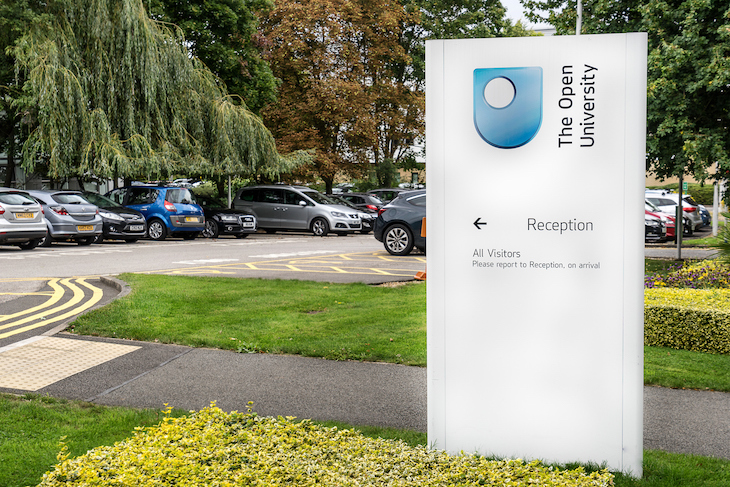
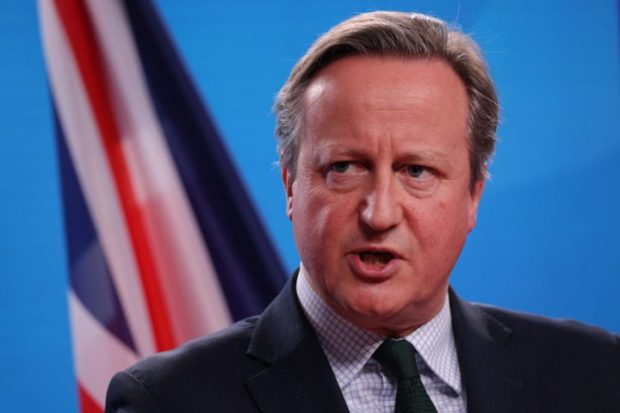
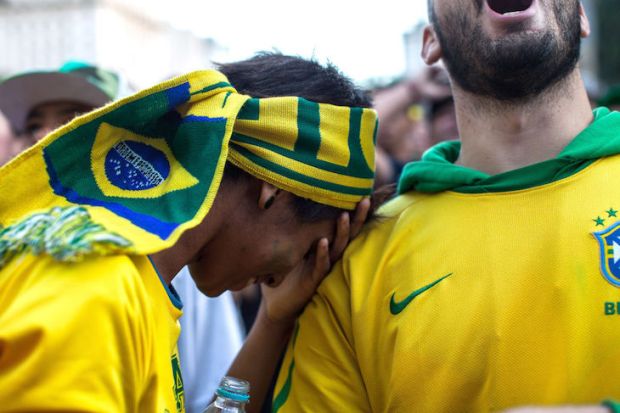
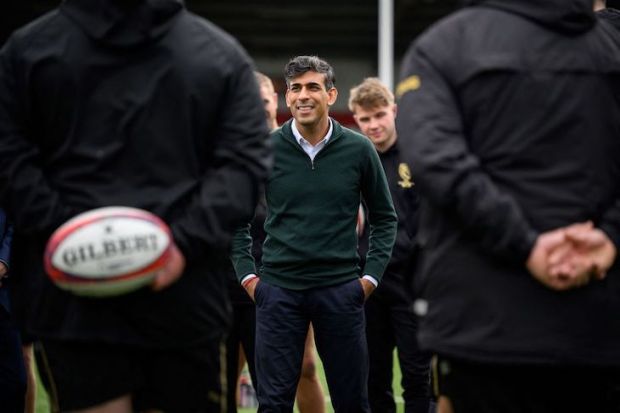
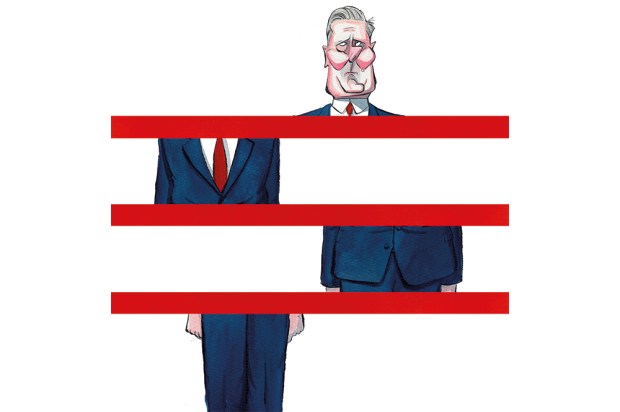
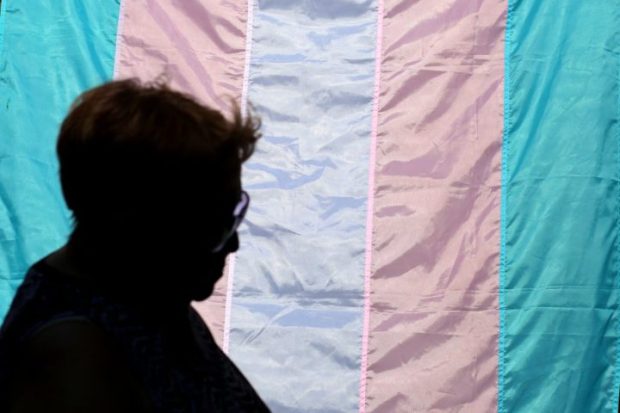













Comments
Don't miss out
Join the conversation with other Spectator Australia readers. Subscribe to leave a comment.
SUBSCRIBEAlready a subscriber? Log in